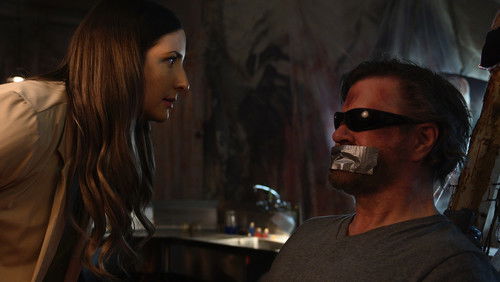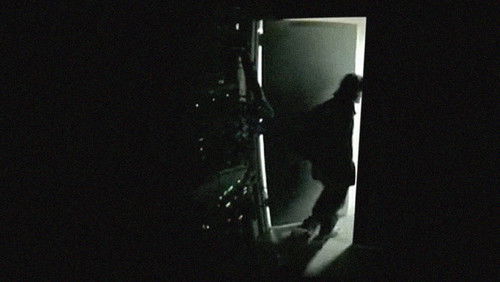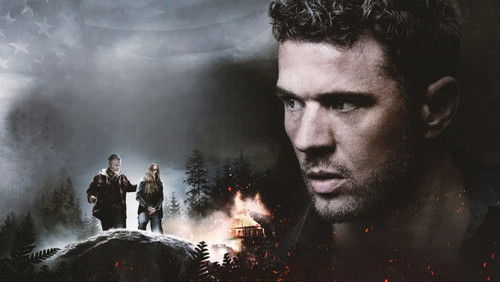Ein kurzer Film über das Töten (1988)
29KEin kurzer Film über das Töten: Directed by Krzysztof Kieslowski. With Miroslaw Baka, Krzysztof Globisz, Jan Tesarz, Zbigniew Zapasiewicz. A soon-to-be lawyer crosses his path with a taxi driver and a young sinister man.
“A Short Film About Killing (1988) u003cbr/u003eu003cbr/u003eu0026quot;Since Cain, no punishment has proved an adequate remedy.u0026quot; u003cbr/u003eu003cbr/u003eA soon to be lawyer responds to the debate on capital punishment with this quote at his exam. The older lawyers seem pleased and do not need to be told who the source of those words are. And so we are not told. Kieslowski, one of the greatest of all filmmakers, made a habit of this in his films, he never tells us anything we donu0026#39;t need to know, even when we think we need to know. In the Double Life of Veronique he never tells us why there are two women who look exactly alike, both have heart problems, why one feels the loss of the other without ever having met her or knowing of her, or why all this happens despite no relation (perhaps other than spiritual) whatsoever. We want to know the answer, but what good would that do? If we got it weu0026#39;d likely be left disappointed. Whats left unsaid sometimes speaks the loudest. u003cbr/u003eu003cbr/u003eIn A Short Film About Killing Kieslowski never really goes into details about why a young man brutally murders a Taxi Driver one afternoon. We find out details from his past, but the closest we get to finding out why he did this is why he lives in the city now. In Kieslowskiu0026#39;s world, chance dictates the day – although it is not necessarily random. The characters in the film seem to be on a path of fate – the young lawyer, the young man, and the middle aged taxi driver. They are floating down a path, presented with various different paths, which unfortunately for all involved are never treaded on. The taxi driver is the best example of this. He has a mean streak, if not for anything but his own enjoyment. Early on a young couple wait for him to finish washing his taxi. He finishes and simply drives off leaving them behind, seemingly pleased with himself. Later he sees a drunk man coming out of a pub with the help of his friend, instead of taking the fare he immediately drives away before the men can get in the cab. This mean spirited actions lead him on a path to his death. If only he had took the couple the young man wouldnu0026#39;t have ended up in his car; if only he decided to be a good Samaritan and take the drunken fare, he would have never ended up with his killer in the car. But alas he chooses to ignore the escapes and alas he is killed. The film is clear about what its trying to say in its main message: Capital punishment is wrong and unjust. Fate lead to the death of the taxi driver, but it is the stateu0026#39;s vengeance for a man it could care less about that leads to the murder of the young man (yes, capital punishment is murder, no matter how you spin it, Sorry Weber). u003cbr/u003eu003cbr/u003eWhat is incredible about this film is that whereas other anti-capital punishment films show that the offender has his very clear reasons for committing his crime, tugging at our heart strings with murder in some form of defense, Kieslowski doesnu0026#39;t allow us that luxury. No, instead the taxi driver, a jerk he may be, is killed in cold blood without any legitimate justification. That is a bold step to make in a film against capital punishment. David Gale should have taken lessons. That the film makes this work is perhaps its greatest strength. We see that the young man regrets what he did, heu0026#39;s scared, heu0026#39;s human – not a monster. Kieslowski makes the final scenes genuinely heart breaking without having to tell us why. u003cbr/u003eu003cbr/u003eYes, it is the lack of reason which makes A Short Film About Killing work, just as the lack of answers is what makes The Double Life of Veronique work. Fate has its way with us, yet grants us opportunities to deny it without ever acknowledging them. What a cruel game life is.u003cbr/u003eu003cbr/u003eOh, and if you must know, the filmu0026#39;s unsourced quote with which I opened this review is derived from Marx in 1853: u0026quot;…there is such a thing as statistics – which prove with the most complete evidence that since Cain the world has neither been intimidated nor ameliorated by punishmentu0026quot;”









